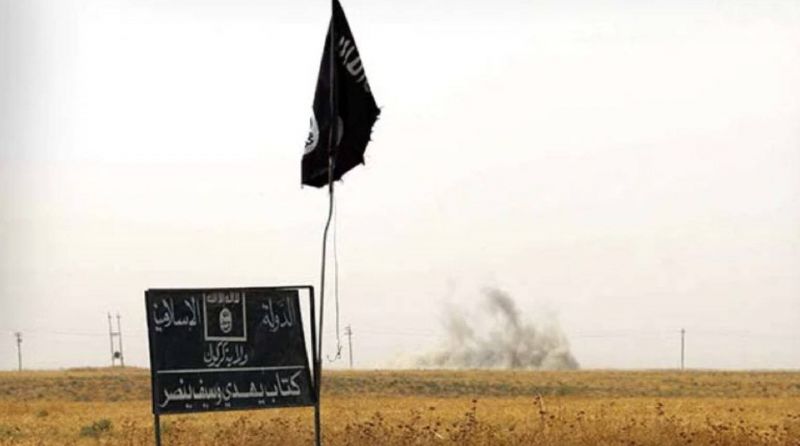
The US-backed autonomous administration, which operates separately from the central government in Damascus, holds around 10,000 suspected IS detainees who fled the last bastions held by the militant Islamist group in Syria from 2017-19 (Credit: AFP)
The global chemical weapons watchdog on Thursday blamed the Islamic State group for a 2015 attack in a Syrian rebel stronghold in which sulfur mustard was used.
The Organisation for the Prohibition of Chemical Weapons underscored previous reports by the body that mustard agents were used in the attack near Syria's border with Turkey.
"There are reasonable grounds to believe that units of the Islamic State in Iraq and the Levant (ISIL) were the perpetrators of the chemical weapons attack on 1 September 2015 in Marea, Syria," said the organization, which is based in The Hague.
"The chemical agent was delivered using one or more artillery guns," it added in a statement.
It said it had identified four individuals as perpetrators, but did not name them.
At least 11 people were injured in the attack on the opposition-held town in Aleppo province near the Turkish border. The town came under shelling from areas under IS control on Sept. 1 and 3 that year.
"Upon impact, at least six projectiles leaked a black, viscous substance with a 'pungent' and 'garlic-like smell, the OPCW said.
"At least 11 individuals who came into contact with the liquid substance experienced symptoms consistent with exposure to sulfur mustard," it added.
The investigation team report comes following a 2022 finding by an OPCW fact-finding mission that sulfur mustard was used.
A 2015 report found that mustard gas was used in an attack on Marea on Aug. 21, 2015, killing at least one infant.
The war in Syria has killed more than half a million people it erupted in March 2011.
More than 90 percent of the population has been plunged into poverty, according to UN figures.
Syria agreed in 2013 to join the OPCW, shortly after an alleged chemical gas attack killed more than 1,400 people near Damascus.
But the global watchdog had since accused President Bashar al-Assad's regime of continuing to attack civilians with chemical weapons in the Middle East country's brutal civil war.
Damascus denies the charges.
Syria is under pressure from Western countries to be more cooperative over the alleged use of chemical weapons. It was stripped of its OPCW voting rights in April 2021, after a probe blamed it for further poison gas attacks.
The OPCW voted in November last year to curb chemical exports to Syria, accusing Damascus of violating the toxic arms control treaty.
The global chemical weapons watchdog on Thursday blamed the Islamic State group for a 2015 attack in a Syrian rebel stronghold in which sulfur mustard was used.
The Organisation for the Prohibition of Chemical Weapons underscored previous reports by the body that mustard agents were used in the attack near Syria's border with Turkey.
...